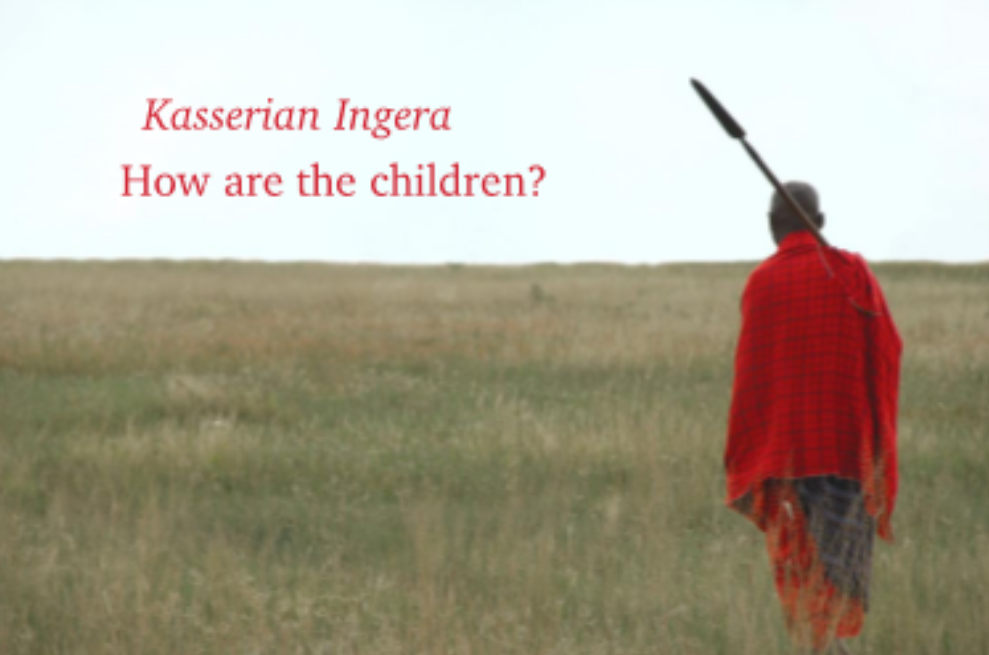
Kasserian Ingera is a traditional greeting among the Massai, acknowledging the high value they always place on their children’s well-being. “All the children are well” means that life is good. It means the priority of children comes first.
Kinship care is the placement of out-of-home children with relatives or fictive kin. If you value family, you value kinship care. A Second Chance, Inc. (ASCI) has been guided by that mindset for 25 years. We are a licensed foster care agency designed to meet the unique needs of kinship care families by providing an array of holistic, values-based services catering specifically to kinship families.
ASCI has developed a distinct brand of kinship care. Our brand is clearly differentiated from others in the field of child welfare, as we are a “theory-to-practice model” and operate as a provider of service. As a provider of service, we have worked exclusively with over 30,000 children and families. This has enabled us to redesign and perfect our work with families in real-time based on the needs articulated, examined and documented by our clients and other stakeholders.
A value for family is the foundation of our service. Through this value, we have developed a comprehensive framework of social services needed to authentically engage families. The agency continues to be recognized as a national kinship model in the delivery of kin services, and its work has been cited by organizations including the Urban Institute, Children’s Defense Fund, Casey Family Programs and the Annie E. Casey Foundation, to name a few. Currently, the agency works with well over 1,800 children and their families daily to ensure safety, permanency and well-being.
Often, child welfare systems focus on the parents, child and caregiver independently; however, in kinship care, the entire kinship triad—child/youth, birth family and caregiver—must be served collectively. In the kinship triad, each member is an integral part of the whole, maintaining balance and stability.
It is a family-inclusive approach that promotes giving equal attention to each part of the kinship triad to form a more comprehensive support network for the family.
We empower people and groups. Empowerment is reflective of self and choice, which leads to personal responsibility. Empowerment is about building confidence, insight and understanding so that a person is transformed by the development or refinement of a personal skill. In kinship care, we want the triad to be empowered so they can analyze their own situation and communicate more effectively what they need to thrive.
Kinship Care as a Transformation
See the light through the trees.
The sun can break through the complex arrangement of trees in the forest. It does not interrupt the nature of the forest; it instead integrates with it. The light connects with everything it touches. The light creates a sense of place so we know where we are. The light provides clarity.
So is the light of kinship care.
In an often complex and intimidating child welfare system, the light of care through kinship can maintain the balance of the family; it integrates with the strength and self-determination of the family. Kinship care keeps the family connected. It grounds the family in place. Kinship care provides clarity in how to work with families.
The light, or its absence, transforms the forest.
Likewise, kinship care, or its absence, transforms child welfare.
It is our story.
We value family.
We embrace the transformative nature of kinship care.
We found our purpose in kinship care.